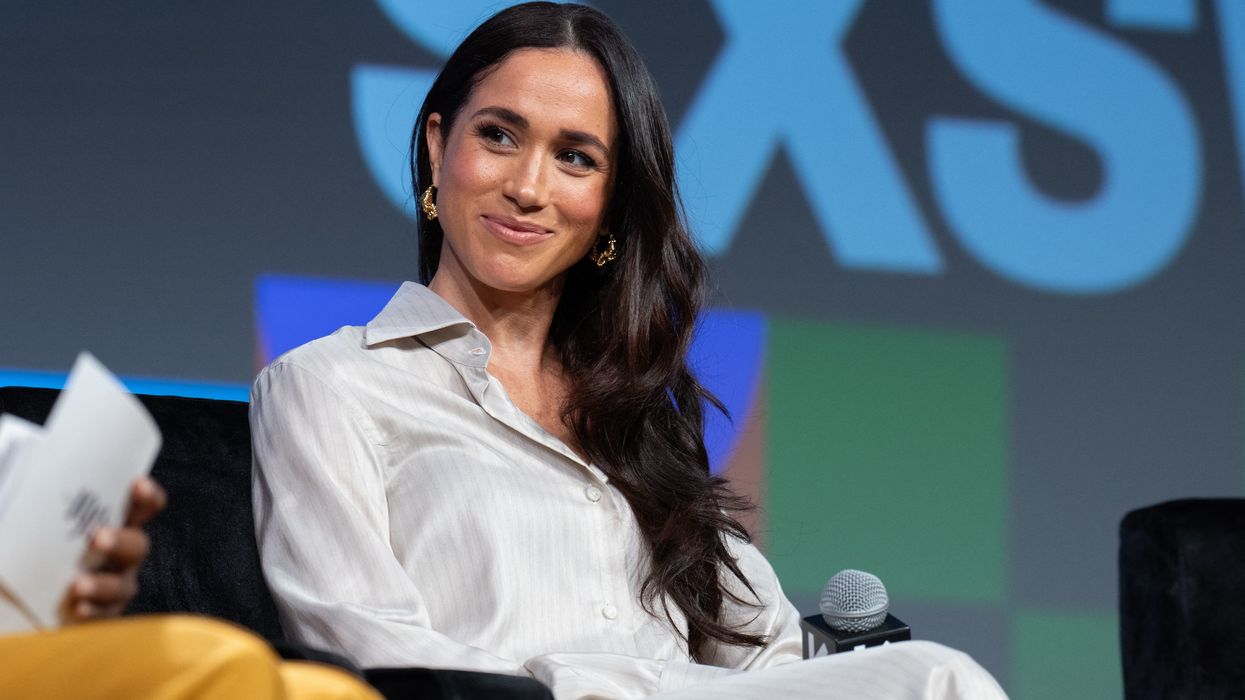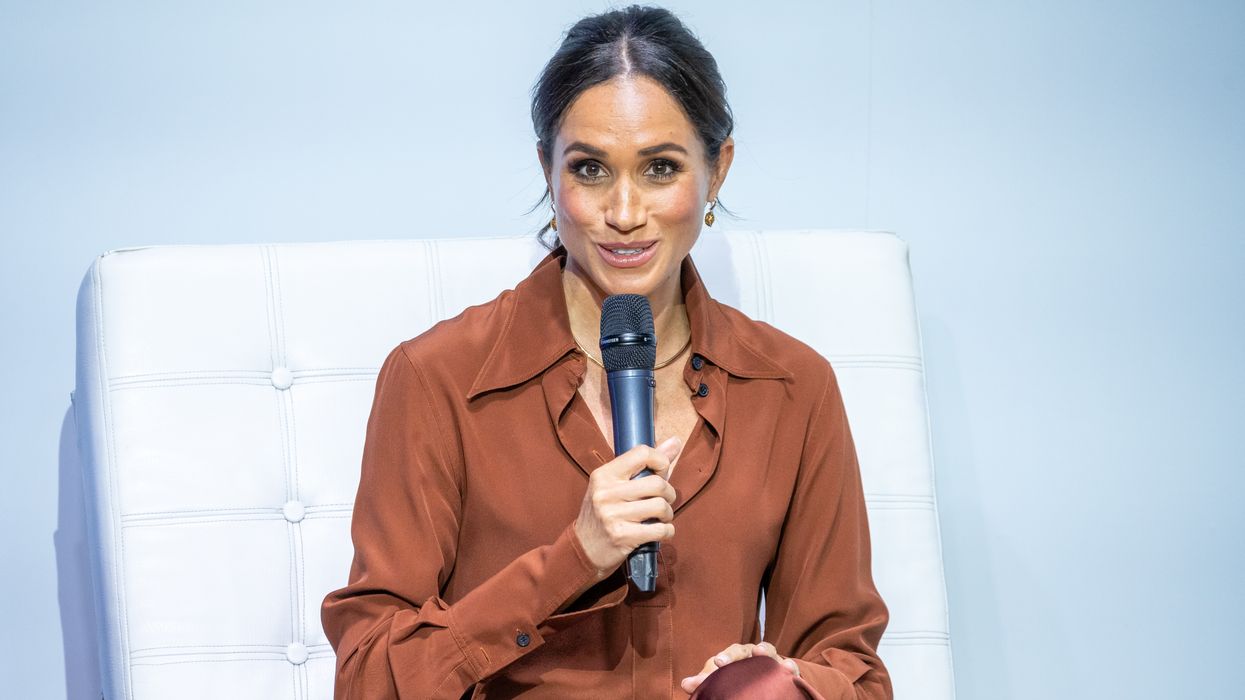Meghan Markle is once again in the middle of a branding controversy, this time over the name of her latest business venture. After shelving her previous brand, American Riviera Orchard, without selling a single product, she has now rebranded under the name "As Ever." The problem? A small New York-based clothing company has been using that name for years, and its supporters are not happy.
The founder of As Ever NYC, Mark Kolski, took to social media to clarify that his brand has no connection with Meghan’s. “We are aware. We are not affiliated,” he wrote, thanking customers for their concern. His brand, which started in 2015 by reworking vintage military clothing, became official in 2017 and has built a loyal following.
Many online users have accused Meghan of copying the name without proper research, with some calling for legal action. Critics argue that this move damages the authenticity of her brand, especially after the abrupt collapse of American Riviera Orchard due to trademark issues.
Adding to the controversy, Meghan’s new logo, a palm tree flanked by birds has also drawn attention for its resemblance to the emblem of a Spanish village, Porreres. The mayor of the town has even suggested possible legal action, noting the similarities.
Meghan addressed the rebrand in a video, explaining that she changed the name because “American Riviera” limited her to locally sourced products. However, branding experts speculate that trademark conflicts played a key role. Marketing professional Warren Johnson pointed out that such last-minute changes can make a brand seem “inauthentic.”
Her new brand, reportedly backed by Netflix, is expected to focus on lifestyle products, including fruit preserves. However, as of now, the website for As Ever only features a placeholder image of Meghan and her daughter, with no products available for purchase.
For a small independent business like Kolski’s, competing against a celebrity-backed brand with significant resources can be daunting. He has stated that while he is exploring his options, he lacks the legal power to challenge Meghan’s high-profile operation directly. Kolski also admitted feeling powerless against the huge financial and legal might of Meghan’s venture, which is backed by Netflix.

As Meghan gears up to launch her new business, the backlash over its name raises fresh questions about branding ethics and due diligence. Whether this dispute escalates legally remains to be seen, but for now, it’s another controversy surrounding the Duchess’s business ventures.





